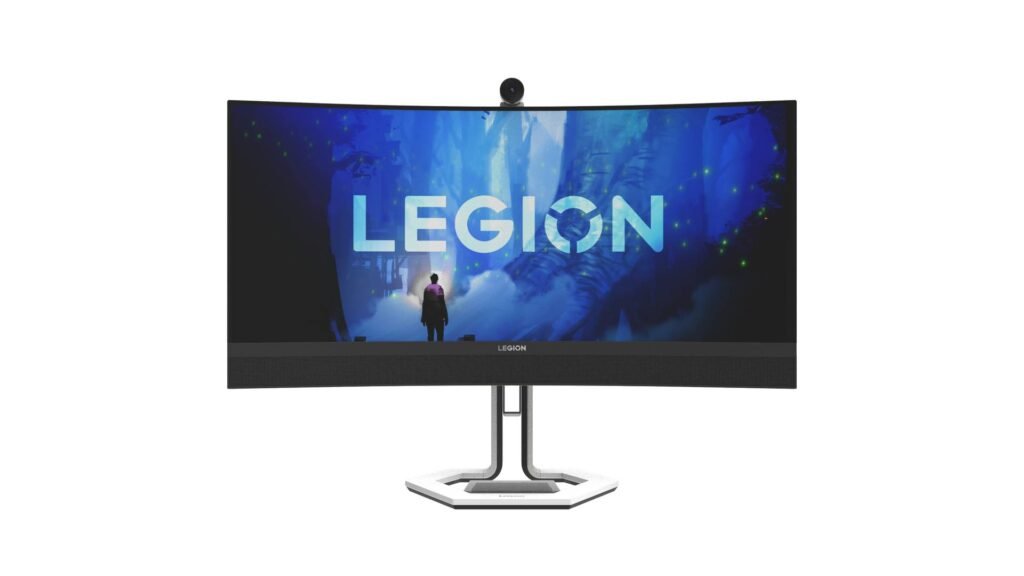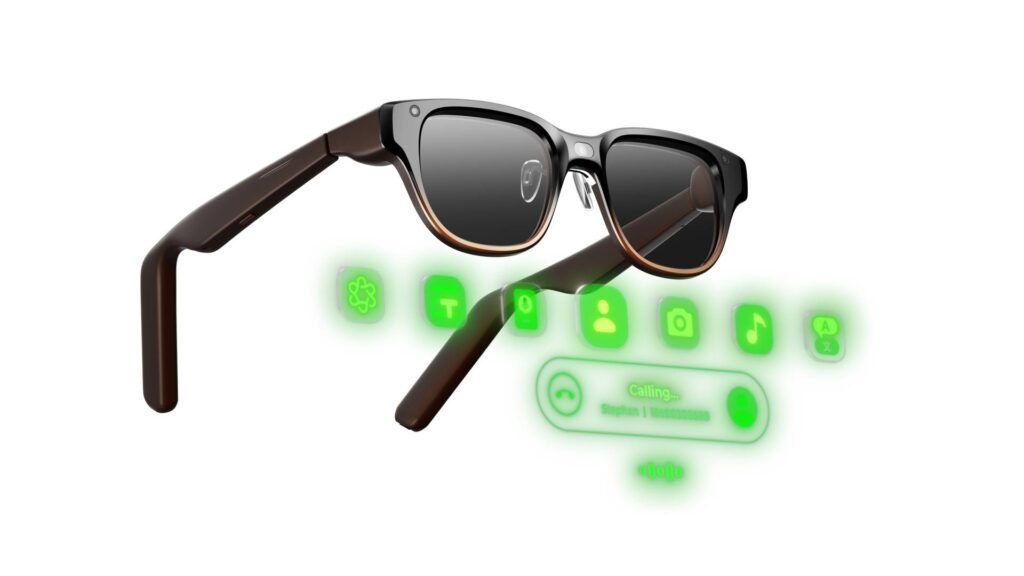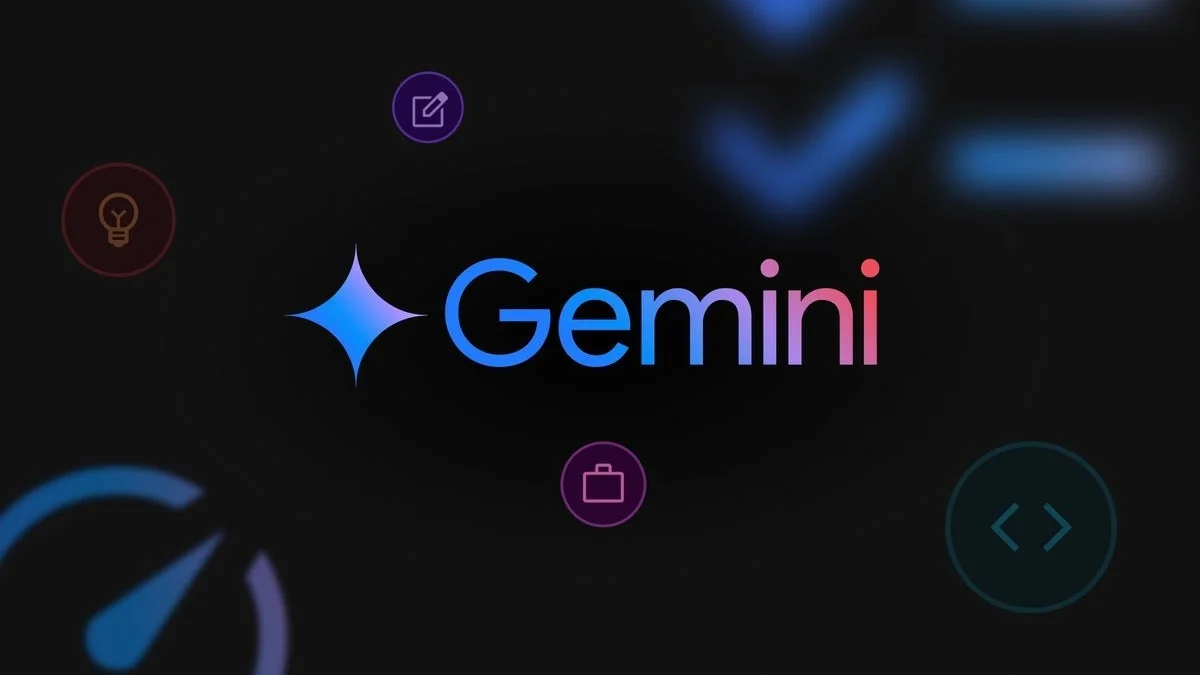Artificial intelligence is finding its way into every corner of tech, and Lenovo’s CES 2026 showcase proves the company is betting big on AI-powered hardware. The tech giant unveiled four AI concept devices that reimagine how we interact with displays, manage smart homes, and access information on the go. From gaming monitors that provide real-time assistance to smart glasses weighing just 45 grams, these prototypes signal where consumer technology might head.
Gaming Monitor That Helps You Win and a Hub for Your Smart Home
The AI Frame Gaming Display proof of concept solves a problem many gamers run into during intense matches. Built-in AI figures out what game you’re playing and zooms in on important stuff, showing it in the top-right corner. Your minimap becomes easier to read, and you won’t miss crucial details when things get chaotic. This works especially well for shooters and MOBA games. The zoomed image gets AI enhancement so it stays clear when every second counts.

Cursor Tracking follows where players look on screen, adjusting the zoomed picture accordingly. AI Game Assistance identifies boss fights and difficult mission sections across multiple games, providing real-time guidance through tough challenges. The monitor dynamically readjusts to show both gameplay and a smaller guidance window. Adaptive AI Lighting provides atmospheric lighting that changes based on in-game events. Take damage and the lighting shifts colors to indicate you’re getting hit.
Meanwhile, the Lenovo Personal AI Hub Concept goes in a completely different direction. Project Kubit packs two ThinkStation PGX compact AI workstations running on NVIDIA GB10 Grace Blackwell Superchip, all tucked behind a transparent touchscreen. The hub pulls data from your PCs, phones, wearables, and smart home gear to power some seriously capable AI features. You control everything with touch or voice commands based on how you actually use your tech every day.
Lightweight Smart Glasses and a Display That Cares About Your Health
Lenovo’s AI Glasses Concept weighs just 45 grams and lasts up to 8 hours on a charge. These glasses connect wirelessly to your phone or laptop and handle touch and voice controls, hands-free calls, a teleprompter mode for presentations, and music playback. You can stay on top of everything without constantly grabbing your phone.
Powered by Lenovo Qira, the glasses tap into AI from your paired devices for crazy fast live translation and smart image recognition. The Catch Me Up feature shows you a summary of notifications from all your devices when you start your day. For anyone looking at lightweight wearables, the best smart glasses in 2025 already pack some cool features, but Lenovo’s concept pushes AI integration way further.

The AI-Powered Personalized Display Concept adjusts itself based on who’s using it. This multi-user display changes what it shows depending on your profile, what time it is, and where you are. It automatically tweaks brightness and color temperature to match your body’s natural rhythm. The display also keeps an eye on your posture and checks for eye strain. Basically, it tries to keep you comfortable while you work.
These Lenovo AI concept devices are still just prototypes, so don’t expect pricing or release dates anytime soon. However, they show where AI could make everyday tech actually more useful. Similar to how smart home hubs picked up AI recently, Lenovo’s concepts prove AI is moving beyond just software updates into the hardware itself. Whether it’s helping you get better at games or making sure you’re not wrecking your eyes staring at a screen all day, these prototypes hint at a future where AI actively helps instead of just sitting there waiting for commands.














